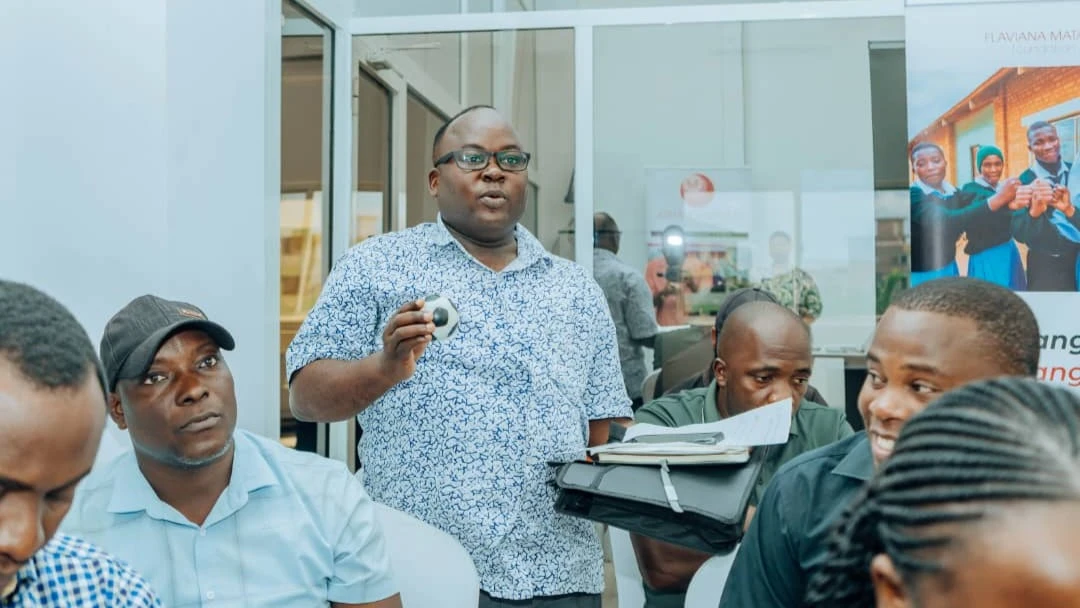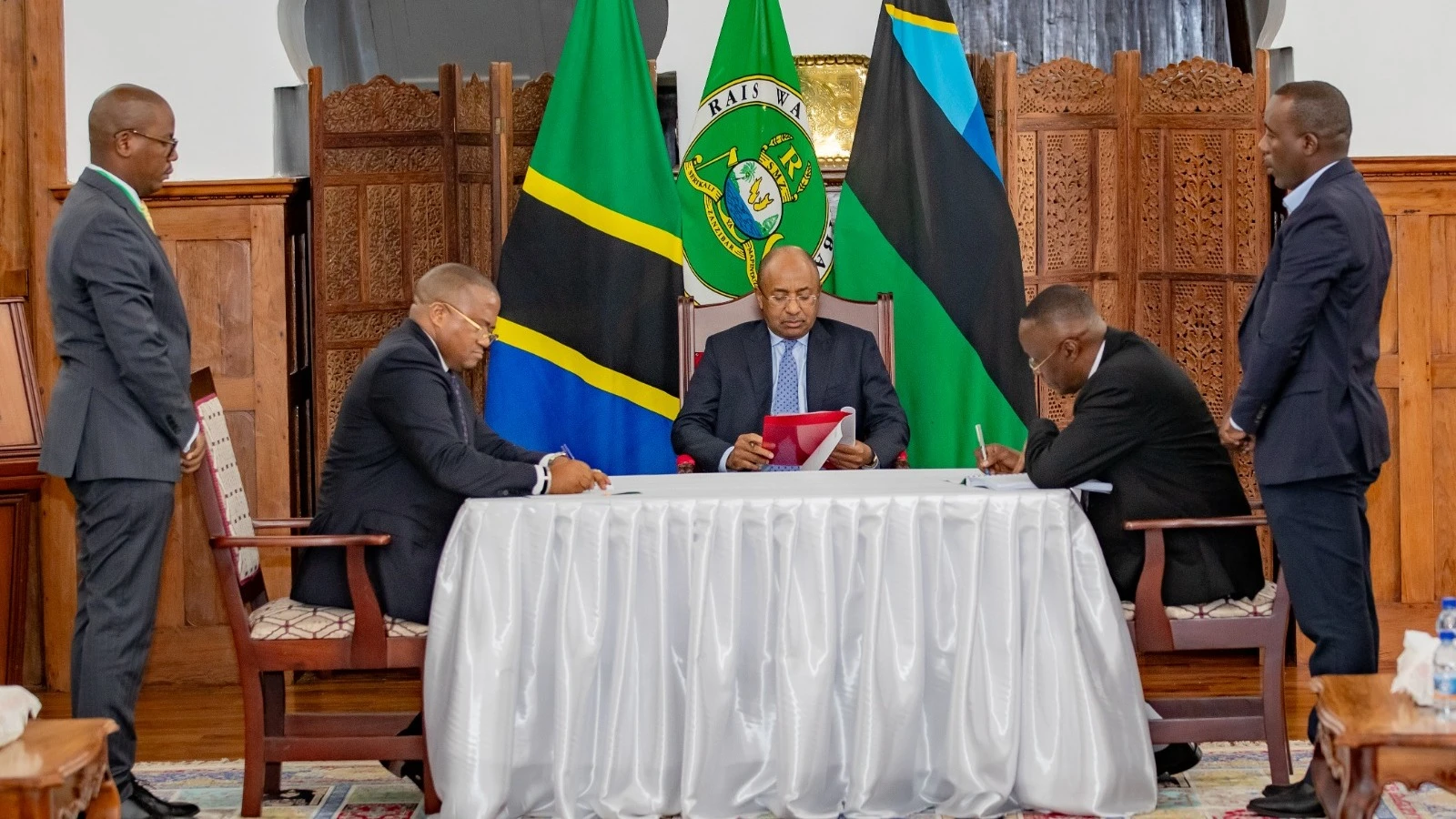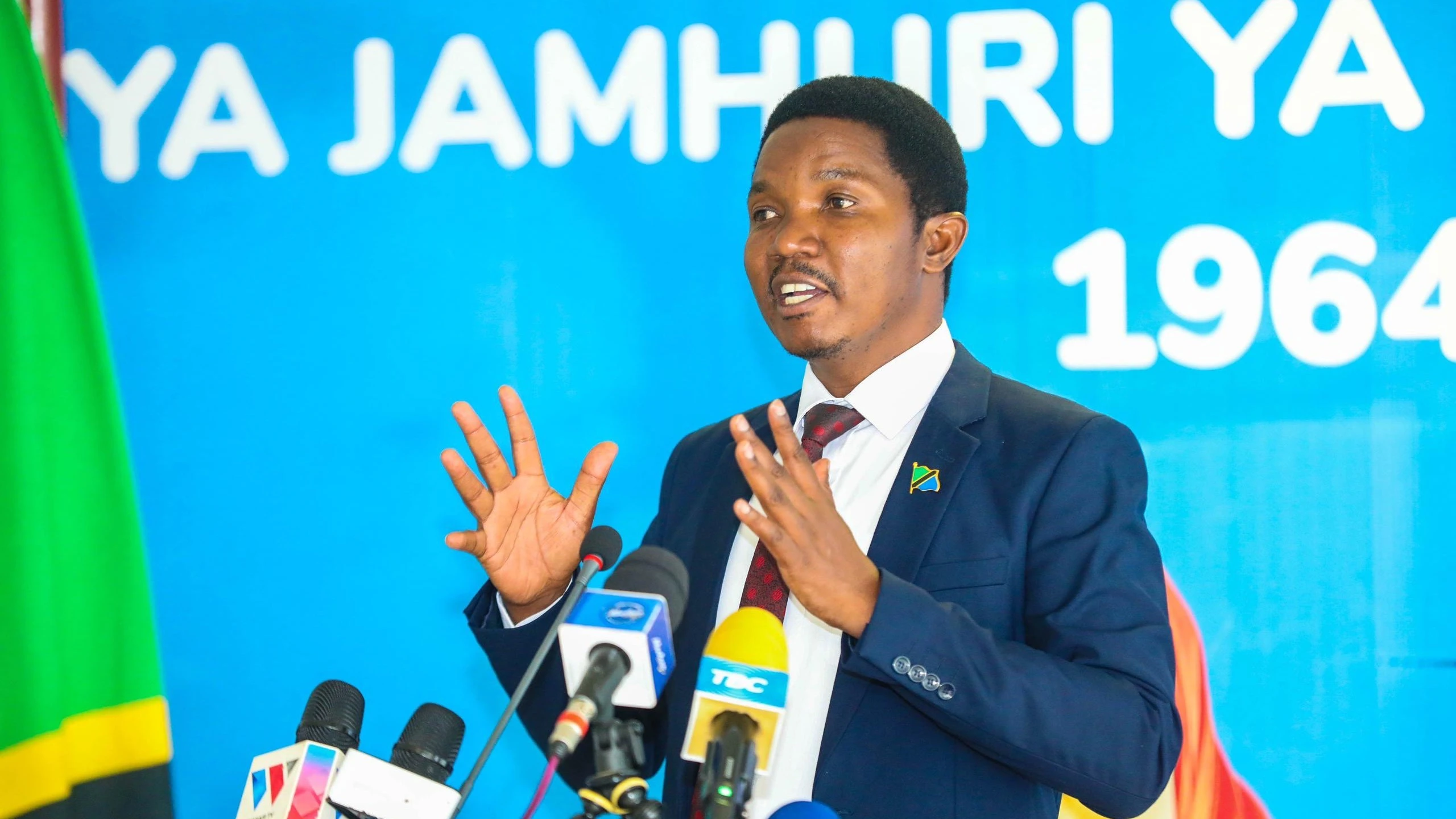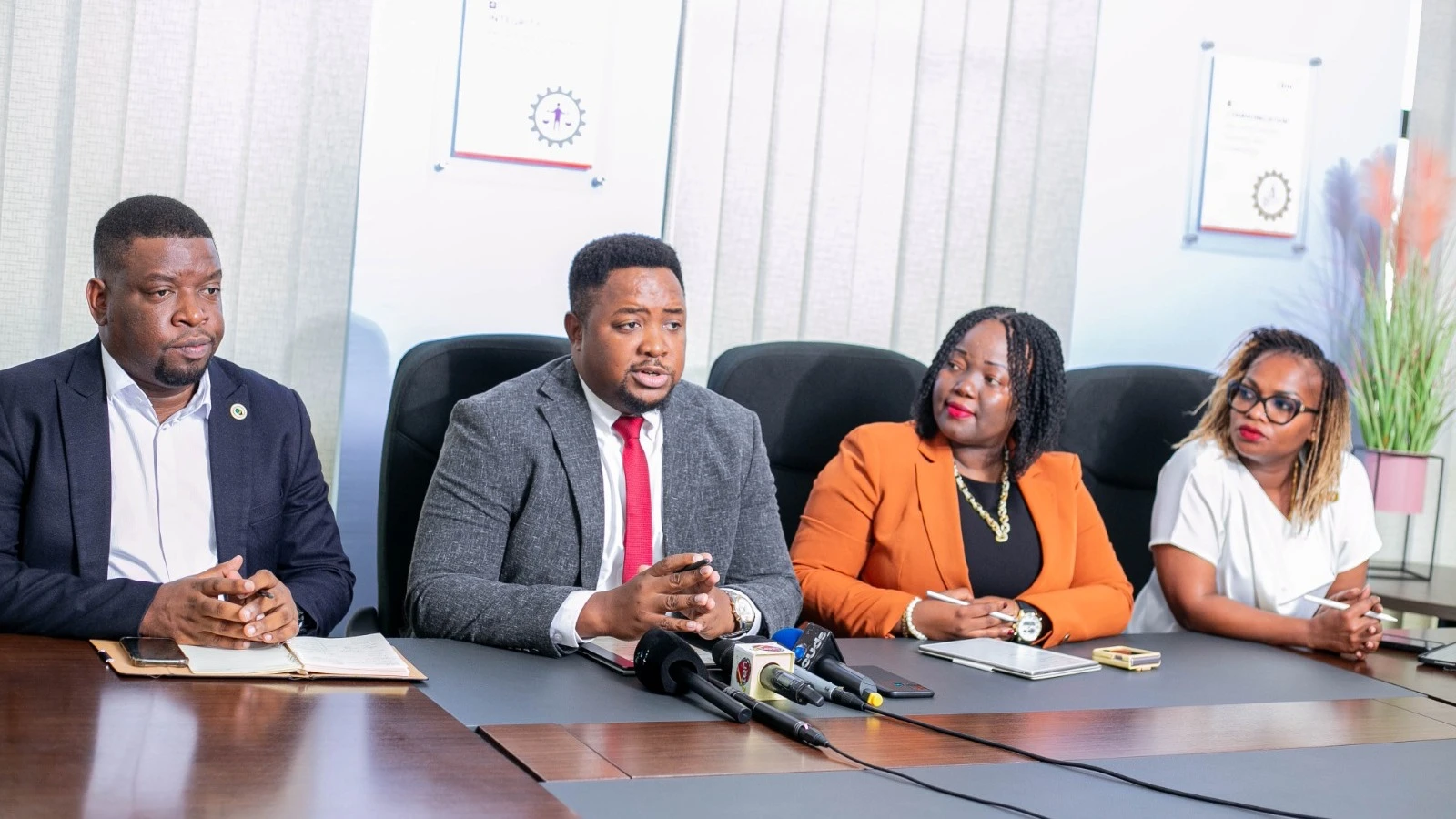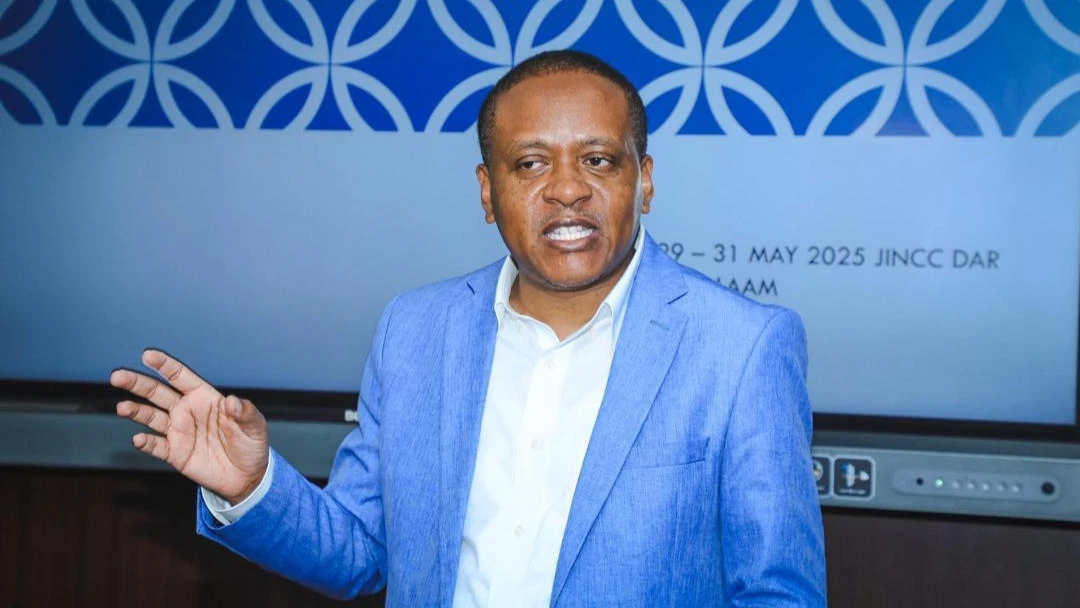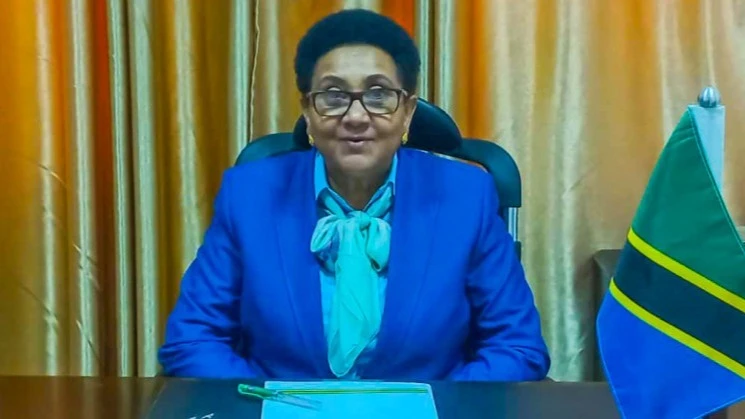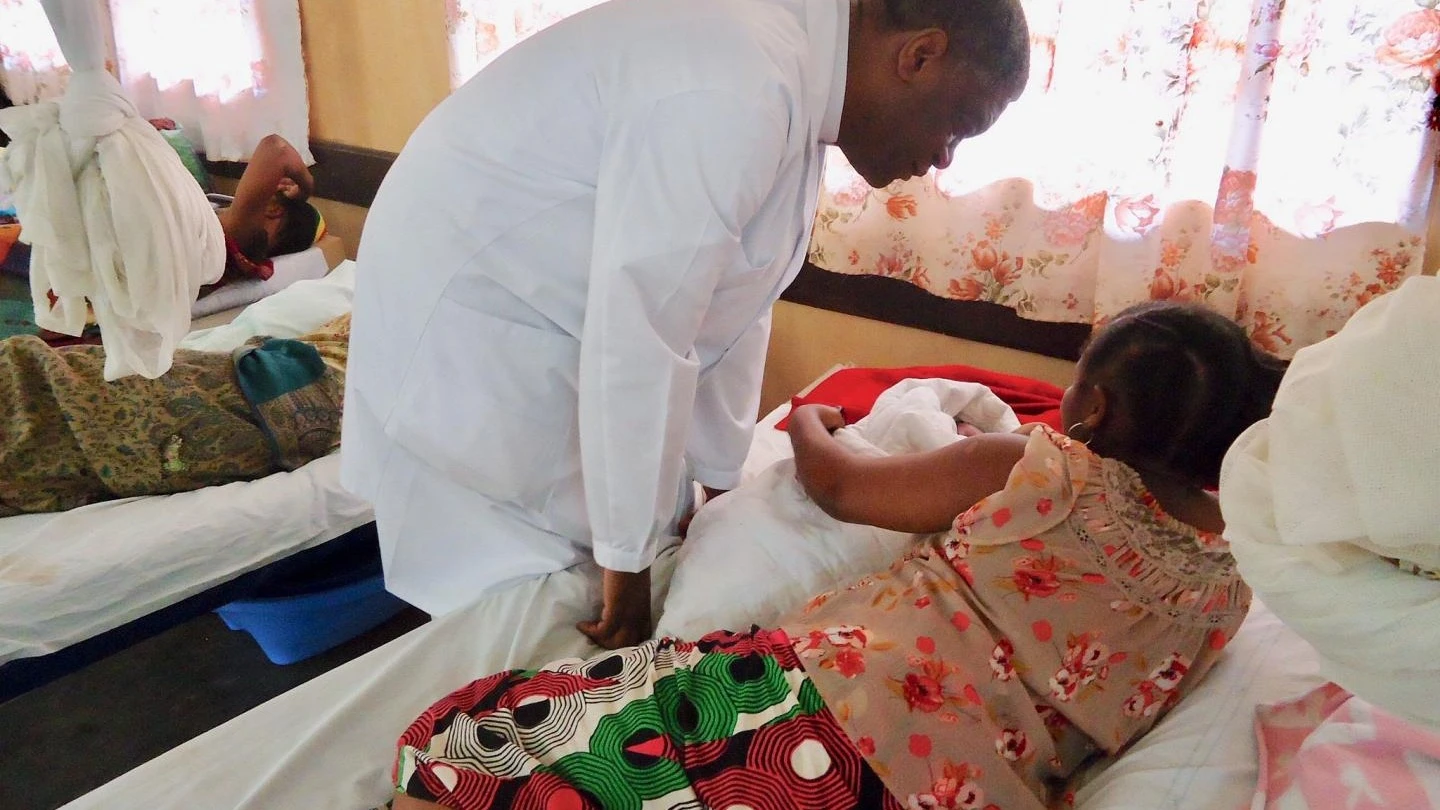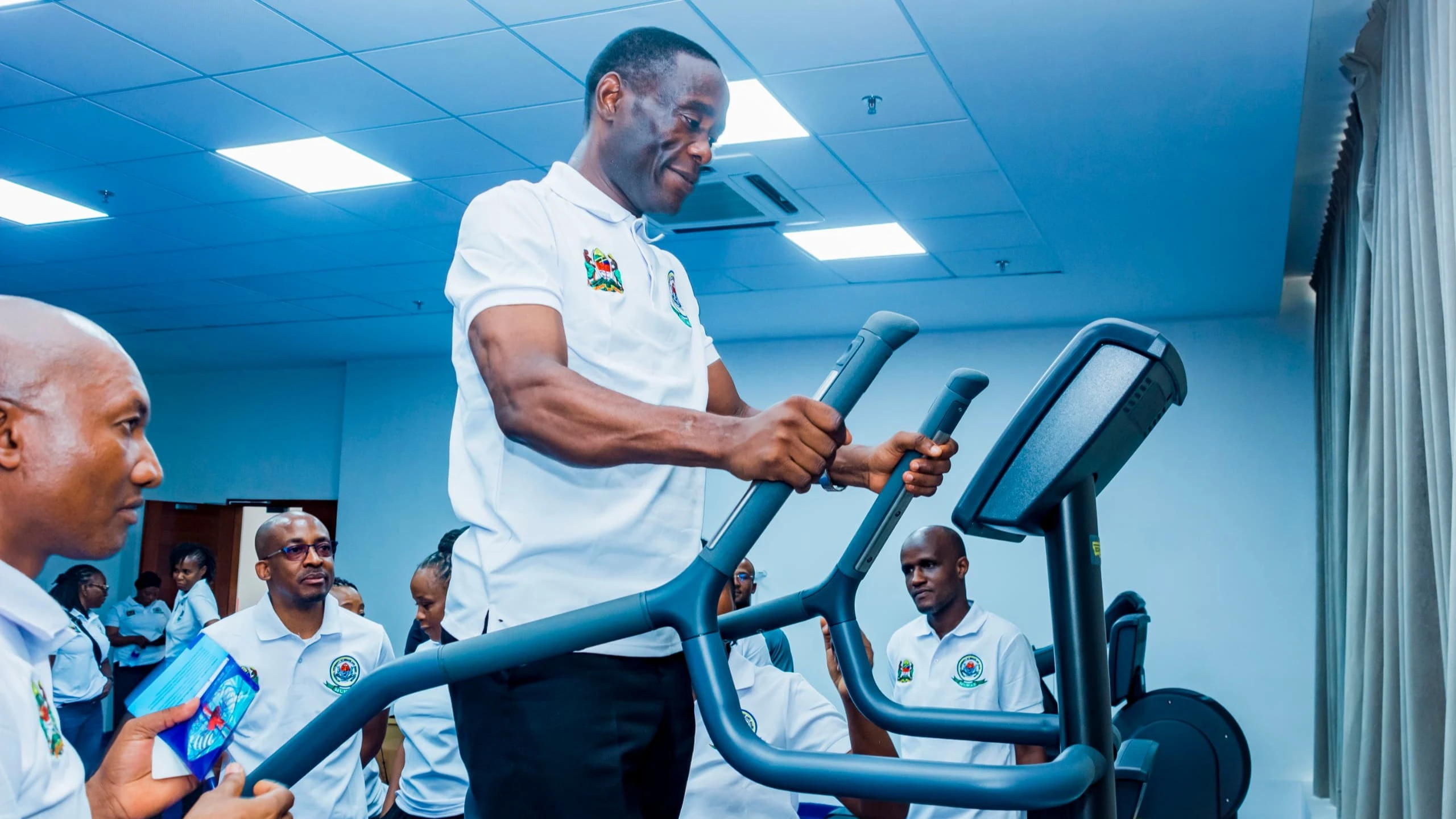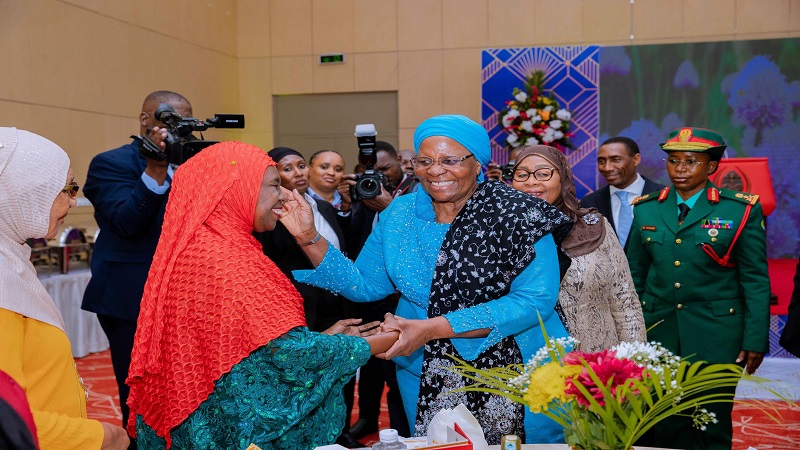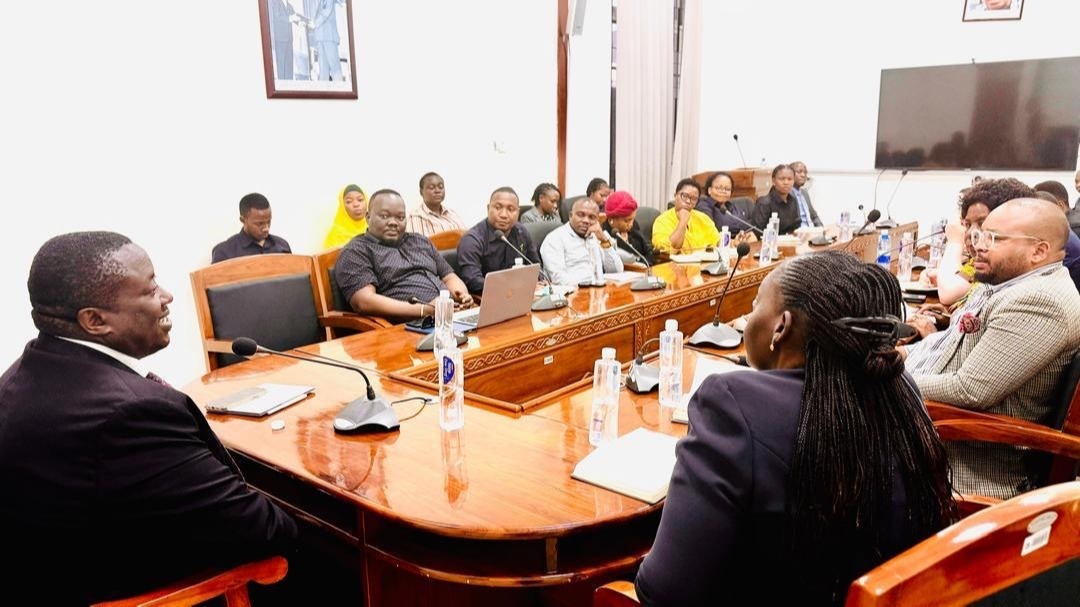Africa Day 2025: Appeal for youth to lead development

YOUNG people across Africa have been called upon to take an active role in shaping the continent’s future, as African nations continue to grapple with economic hardship, insecurity, and a lack of unity.
Former South African President Thabo Mbeki made the call in Dar es Salaam on Wednesday evening when speaking during a public lecture which was organized by the University of Dar es Salaam (UDSM) in collaboration with the Thabo Mbeki Foundation and the Uongozi Institute. The lecture gathered students, scholars, government officials, and diplomats to reflect on Africa’s renewal in commemoration of Africa Day, marked annually on May 25.
Mbeki stressed that Africa’s youth must be at the forefront of efforts to revive hope and build a unified, prosperous continent. He urged young intellectuals, especially university students, to provide ideas and direction that can help overcome persistent continental challenges.
“Africa’s revival cannot be realized without the full participation of the youth. Countries must safeguard unity and solidarity, while the African Union (AU) and its Commission must stay true to their founding principles,” Mbeki said.
He also called for political parties to cultivate leaders with vision and integrity, referencing Mwalimu Julius Nyerere as an example of leadership that Africa needs to realize its political and economic goals.
Despite being the continent’s majority and holding vast productive potential, young people face limited opportunities due to restrictive political and economic systems. Over one million graduates enter Tanzania’s job market annually, yet only around 400,000 secure formal employment. The majority—more than 660,000—are absorbed into the informal sector, often without stability or prospects for growth.
Sabatho Nyamsenda, Assistant Lecturer at UDSM’s Department of Political Science and Public Administration, said the current system sidelines youth from key development processes.
“Youth form the largest demographic in Africa, yet they are excluded from decision-making and access to national resources. This marginalization stifles their contributions to employment, production, and governance,” he said.
Nyamsenda emphasized that many young Africans end up as informal street vendors—an underutilization of manpower that could be productive in agriculture or industry if proper policies and industrial capacity were in place.
He drew a comparison to China, which is now tackling an aging population through pro-birth incentives. Africa, in contrast, has a youthful population but lacks strategic frameworks to harness it for economic growth.
In political spheres, Nyamsenda noted that youth remain largely absent from decision-making bodies dominated by older generations, often out of touch with contemporary youth realities.
“It is essential that young people engage in elections and policy debates to push for systemic reform. Without participation, they will remain sidelined,” he warned.
Lukhanyo Neer, Chief Operating Officer of the Thabo Mbeki Foundation, explained that the foundation, established in 2010, works to promote Africa’s renewal through dialogue, research, and civic engagement.
He said the annual Africa Day lectures aim to spark meaningful conversations on Africa’s direction and development. Reflecting on historical ties between Tanzania and South Africa, Neer recalled that in 1962, a young Thabo Mbeki began his exile in Dar es Salaam, where he was seen off by prominent leaders Kenneth Kaunda and OR Tambo.
The event, attended by students, academics, policymakers, and diplomats, was part of broader Africa Day commemorations, reaffirming the need for unity, leadership, and youth empowerment in Africa’s journey forward.
Top Headlines
© 2025 IPPMEDIA.COM. ALL RIGHTS RESERVED








